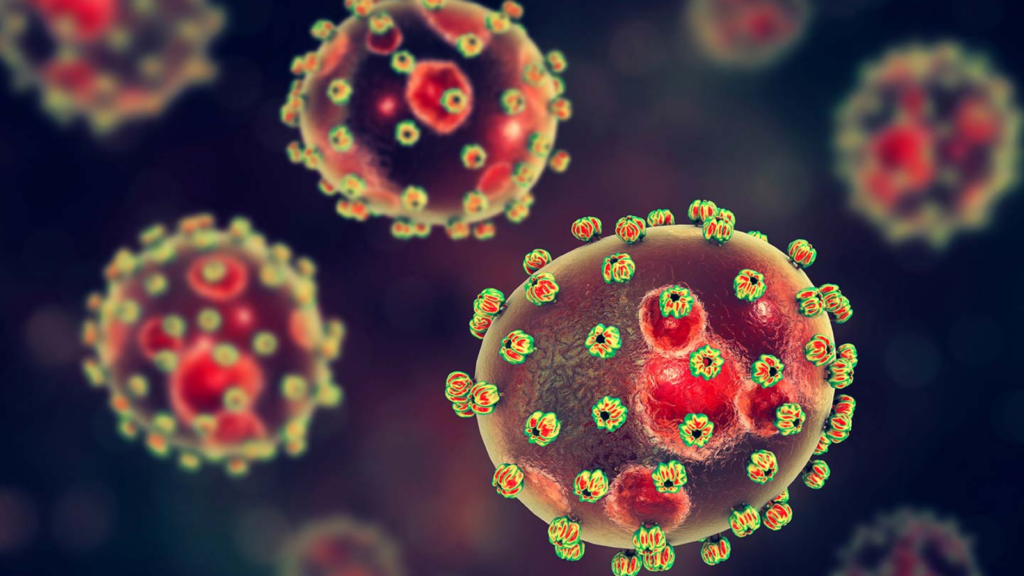August 26, 2024
First-ever Phase 2 Lassa vaccine clinical trial now fully active across West Africa
Researchers at three sites are vaccinating participants for Lassa fever, an emerging infectious disease with outbreaks in the region.

We are pleased to share that sites in Ghana, Liberia, and Nigeria are all vaccinating volunteers in the IAVI C105 clinical trial of IAVI’s Lassa fever vaccine candidate. The study is designed to evaluate the vaccine candidate’s safety, tolerability, and immunogenicity at two different dosage levels in adults, including people living with HIV, as well as in adolescents and in children two years of age and older. Approximately 612 participants will receive one dose of the candidate and will be followed for six months after vaccination to monitor their safety and immune responses. A subset of participants will be followed for an additional two years for extended safety and immunogenicity.
The study was designed in consultation with in-country partners and is funded by CEPI. Participants are being vaccinated at the Noguchi Memorial Institute for Medical Research (NMIMR) in Ghana, the Partnership for Research on Vaccines and Infectious Diseases in Liberia (PREVAIL), and HJF Medical Research International in Nigeria – countries where Lassa is endemic[1].
Lassa virus (LASV) is a zoonotic disease that causes the acute viral hemorrhagic illness called Lassa fever, for which treatment is limited and no vaccine currently exists. About 300,000 people fall ill across West Africa annually – though the true disease burden is thought to be much higher[2]. This is further exacerbated by climate change and population growth, forcing humans and the rodents that carry LASV into closer contact[3]. For these reasons, Lassa fever is featured in the World Health Organization’s R&D Blueprint and requires urgent action due to its potential to cause an outbreak of international concern.
This IAVI C105 milestone comes at a critical time. Nigeria is facing an outbreak, while a case of Lassa fever was reported in France earlier this year. Results from the trial are expected in 2025 and will be made available through open-access publications and via scientific meetings to ensure all can benefit from the research. Should the candidate be found to be safe and efficacious in clinical testing, IAVI is committed to making its Lassa vaccine affordable and accessible to all populations in need.
For further reading, recent articles by Gavi and Devex spotlight IAVI C105 and what the trial means for those at the forefront of Lassa prevention.
[1] https://www.afro.who.int/health-topics/lassa-fever
[2] https://africacdc.org/disease/lassa-fever
[3] https://cepi.net/how-climate-change-increases-pandemic-risk and https://www.nature.com/articles/s41467-022-33112-3